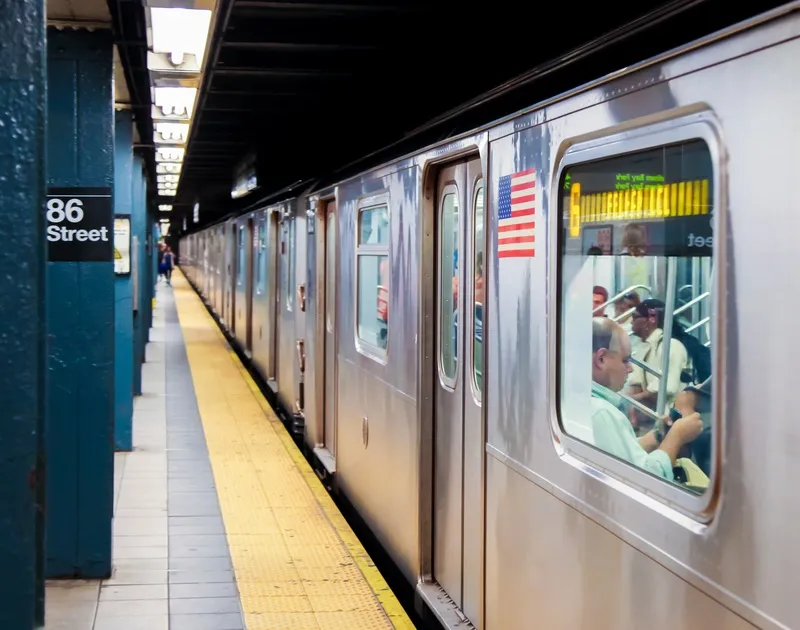Rail Technology supplier Wabtec is to supply Herzog Technologies to provide with positive train control (PTC) equipment and services for Oceanside, California’s North County Transit District (NCTD) in a deal worth US$9 million. The contract includes an option worth an additional US$5 million. Under the initial contract, Wabtec will provide its interoperable electronic train management system (I-ETMS) equipment and installation for seven locomotives and ten passenger transit cab cars on NCTD's Coaster train,
July 24, 2013
Read time: 2 mins
Rail Technology supplier 6079 Wabtec is to supply Herzog Technologies to provide with positive train control (PTC) equipment and services for Oceanside, California’s North County Transit District (NCTD) in a deal worth US$9 million. The contract includes an option worth an additional US$5 million.
Under the initial contract, Wabtec will provide its interoperable electronic train management system (I-ETMS) equipment and installation for seven locomotives and ten passenger transit cab cars on NCTD's Coaster train, together with back office engineering and systems integration support.
PTC was mandated by the Rail Safety Improvement Act of 2008 and requires fully functional PTC systems to be in place on trains, such as NCTD's Coaster, by 2015. The NCTD system will be fully interoperable with PTC systems being implemented by Class I railroads.
NCTD is a public transportation agency providing 12 million passenger trips annually on around 60 miles of track throughout North San Diego County and into downtown San Diego. Its system includes Breeze buses, Coaster commuter trains, Sprinter light rail trains, and Lift paratransit service.
"We're pleased to be working with Herzog, NCTD and other industry suppliers on this important project," said Albert J Neupaver, Wabtec's chairman and chief executive officer. "This demonstrates the role we can play, as PTC technology continues to be deployed by other transit agencies around the US over the next several years."
Under the initial contract, Wabtec will provide its interoperable electronic train management system (I-ETMS) equipment and installation for seven locomotives and ten passenger transit cab cars on NCTD's Coaster train, together with back office engineering and systems integration support.
PTC was mandated by the Rail Safety Improvement Act of 2008 and requires fully functional PTC systems to be in place on trains, such as NCTD's Coaster, by 2015. The NCTD system will be fully interoperable with PTC systems being implemented by Class I railroads.
NCTD is a public transportation agency providing 12 million passenger trips annually on around 60 miles of track throughout North San Diego County and into downtown San Diego. Its system includes Breeze buses, Coaster commuter trains, Sprinter light rail trains, and Lift paratransit service.
"We're pleased to be working with Herzog, NCTD and other industry suppliers on this important project," said Albert J Neupaver, Wabtec's chairman and chief executive officer. "This demonstrates the role we can play, as PTC technology continues to be deployed by other transit agencies around the US over the next several years."









